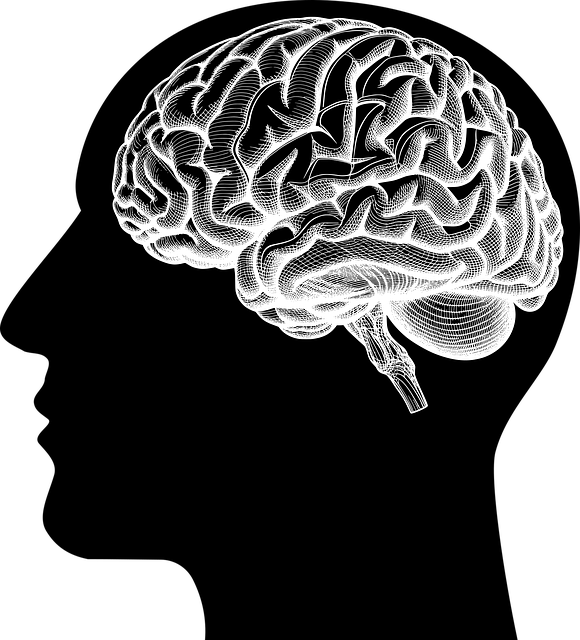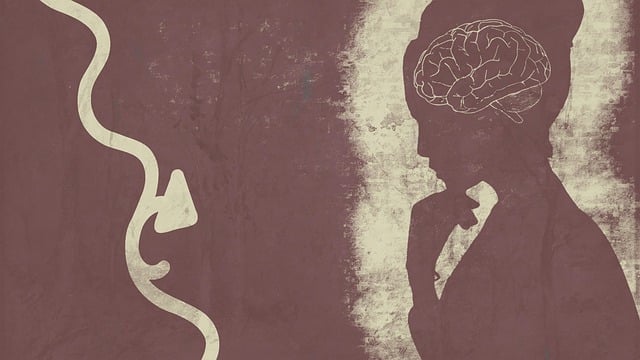Self-care, as enhanced by Wheat Ridge Acceptance and Commitment Therapy (ACT), is a powerful tool for mental, physical, and emotional well-being. ACT combines mindfulness with Mind Over Matter principles to cultivate self-awareness, build confidence, and accept experiences without judgment, fostering psychological flexibility. Identifying personal needs through reflection and setting realistic goals based on evidence-based practices like ACT promotes sustainable self-care. Incorporating activities such as mindfulness, exercise, sleep, breathing exercises, journaling, and time in nature improves mental wellness, boosts resilience, and navigates life's challenges more effectively.
Self-care is an essential practice for maintaining mental health, yet it’s often overlooked or done haphazardly. This article guides you through a transformative journey towards better self-care practices, focusing on techniques like Wheat Ridge Acceptance and Commitment Therapy (ACT). We’ll explore how ACT can help individuals accept their thoughts, set realistic goals, and incorporate effective self-care into daily life, ultimately enhancing overall well-being. By understanding your personal needs, you can create a tailored self-care plan that sticks.
- Understanding Self-Care and Its Impact on Mental Health
- The Role of Wheat Ridge Acceptance and Commitment Therapy (ACT) in Self-Care
- Identifying Personal Self-Care Needs and Setting Realistic Goals
- Incorporating Effective Self-Care Practices into Daily Life
Understanding Self-Care and Its Impact on Mental Health

Self-care isn’t just a trend; it’s a vital practice that empowers individuals to prioritize their well-being. At its core, self-care involves intentional actions taken to enhance mental, physical, and emotional health. It’s about creating a sense of balance and harmony within oneself, which has profound effects on overall well-being. When individuals dedicate time and effort to self-care, they cultivate resilience, improve mood, and boost their ability to handle stress.
The impact of self-care extends beyond individual benefits; it can also contribute to public awareness campaigns development. By fostering self-awareness exercises through practices like Wheat Ridge Acceptance and Commitment Therapy (ACT), individuals gain valuable tools for navigating life’s challenges. This therapy encourages people to build confidence, accept their experiences without judgment, and commit to valued actions, all of which are essential components of a healthy mental state. Ultimately, prioritizing self-care contributes not only to personal growth but also to creating a more supportive and resilient community.
The Role of Wheat Ridge Acceptance and Commitment Therapy (ACT) in Self-Care

Wheat Ridge Acceptance and Commitment Therapy (ACT) offers a transformative approach to self-care by teaching individuals how to cultivate mindfulness and accept their experiences without judgment. This therapy is based on robust Mind Over Matter principles, empowering clients to develop psychological flexibility and enhance their overall well-being. Through Self-Awareness Exercises, ACT encourages folks to explore their thoughts and emotions, fostering a deeper connection with themselves and promoting positive behavior changes.
Moreover, the methodology provides Crisis Intervention Guidance, helping people navigate challenging situations with resilience. By learning to observe and accept difficult feelings, individuals can reduce avoidance behaviors and engage more fully in activities that align with their values. This approach not only improves self-care practices but also leads to a richer, more meaningful life.
Identifying Personal Self-Care Needs and Setting Realistic Goals

Identifying your personal self-care needs is a crucial first step on the path to improved well-being. It involves reflecting on various aspects of your life and understanding what nourishes or depletes your energy and mental health. This process can be as simple as tracking your daily activities, emotions, and physical sensations, or it might involve delving into specific areas like sleep patterns, social connections, and stress management using evidence-based practices such as Wheat Ridge Acceptance and Commitment Therapy (ACT). By paying attention to these nuances, you begin to uncover unique self-care requirements that cater to your individual needs.
Setting realistic goals is an integral part of this journey. These goals should be achievable yet challenging, focusing on sustainable changes rather than quick fixes. For instance, if anxiety relief and mood management are priorities, setting a goal like “engaging in mindfulness practices for 15 minutes daily” is more practical than aiming for instant results. Incorporating mental health education programs designed with ACT principles can empower individuals to set these goals effectively. This approach ensures that self-care becomes an ongoing practice rather than a temporary trend, fostering long-term mental health and resilience.
Incorporating Effective Self-Care Practices into Daily Life

Incorporating effective self-care practices into daily life can significantly enhance mental wellness and overall well-being. According to Wheat Ridge Acceptance and Commitment Therapy (ACT) experts, mindful activities such as meditation, regular exercise, and sufficient sleep form the backbone of a healthy routine. These practices not only help in mood management but also boost confidence and resilience, enabling individuals to navigate life’s challenges with greater ease.
By integrating these strategies seamlessly into daily routines, one can create a sense of balance and harmony. Simple yet powerful techniques like deep breathing exercises, journaling, or spending time in nature can make a profound difference. The key lies in consistency; regular engagement in these self-care activities can lead to lasting improvements in mental health, fostering a more positive outlook and enhancing overall quality of life.
Self-care is a powerful tool for enhancing mental well-being, and with practices tailored to individual needs, one can achieve a profound sense of balance. As discussed, understanding self-care and its impact on mental health is the first step. Wheat Ridge Acceptance and Commitment Therapy (ACT) offers an effective framework for navigating personal challenges and fostering self-acceptance, thereby promoting healthy self-care habits. By identifying specific needs and setting realistic goals, individuals can take control of their well-being. Incorporating these practices into daily routines allows one to nurture their mind, body, and soul, ultimately leading to a more fulfilling and resilient life.














